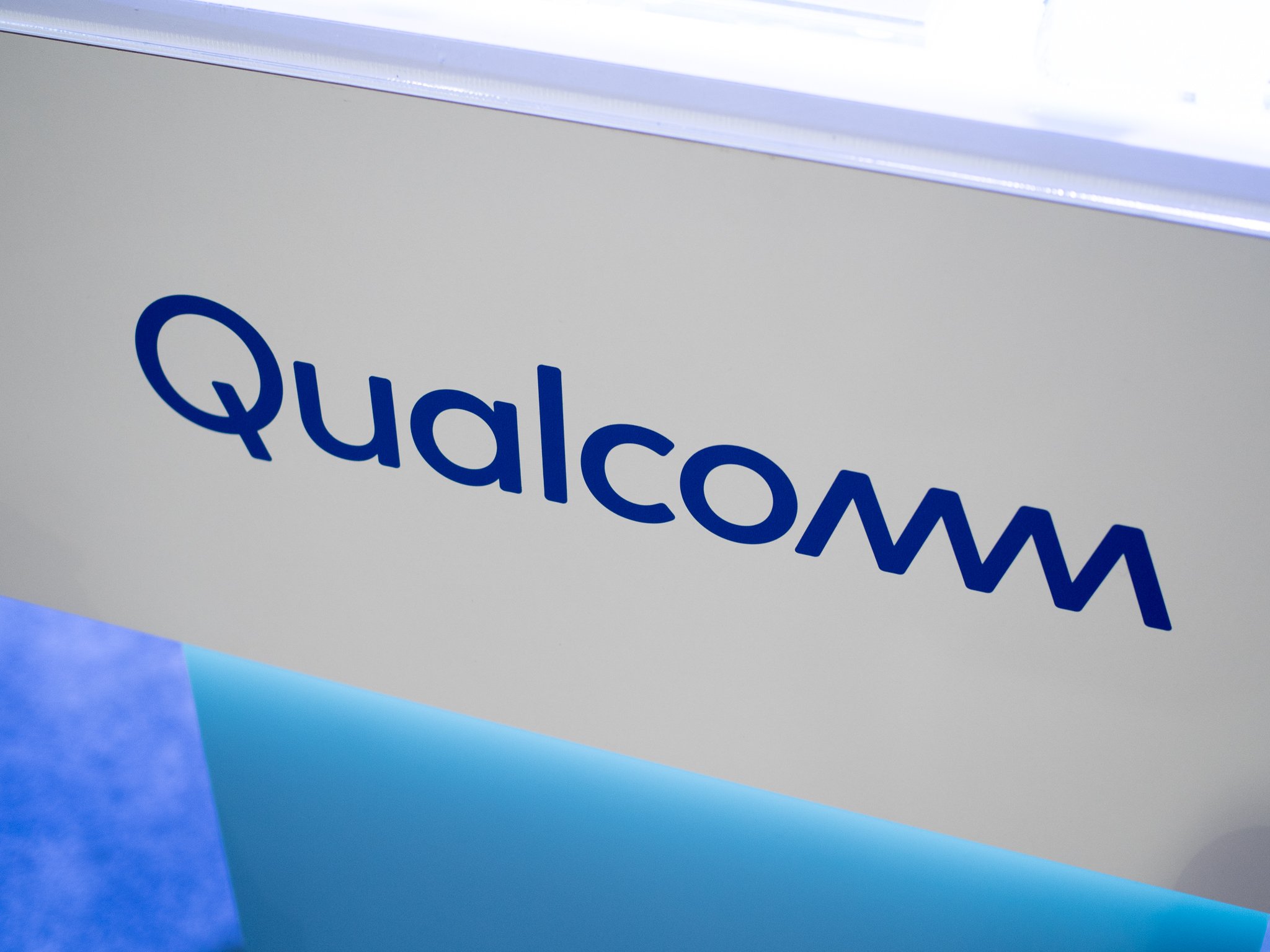FTC admits defeat, abandons Qualcomm antitrust suit after four years

What you need to know
- The FTC has ended its antitrust lawsuit against Qualcomm after four years.
- The trade body won the initial ruling in 2019, but U.S. 9th Circuit Court of Appeals overturned the verdict and sided with Qualcomm.
- The lawsuit was scheduled to make its way to the Supreme Court, but the FTC has announced that it will not do so.
The FTC's four-year antitrust lawsuit against Qualcomm has come to an end. To recount the events, the FTC initially filed the case back in 2017 alleging that Qualcomm engaged in "anti-competitive supply and licensing terms" that "strangled competition" in the LTE modem segment, with Intel and Samsung backing the trade body's efforts.
Qualcomm's licensing model includes charging a royalty based on the device's overall cost, and with the best Android phones starting at well over $1,000, the FTC wanted the vendor to change its licensing terms. The agency noted that Qualcomm became a monopoly because of its "onerous" licensing practices.
The trade body won the case in 2019, with Judge Lucy H. Koh of the United States District Court for the Northern District of California finding Qualcomm's licensing rates "unreasonably high." That victory was short-lived, however, as Qualcomm was able to get the ruling reversed at the U.S. 9th Circuit Court of Appeals in August 2020.
On the FTC's website, Chairwoman Rebecca Slaughter noted that there were "significant headwinds facing the Commission," so it is choosing not to take the lawsuit all the way to the Supreme Court:
The FTC's staff did an exceptional job presenting the case, and I continue to believe that the district court's conclusion that Qualcomm violated the antitrust laws was entirely correct and that the court of appeals erred in concluding otherwise.Now more than ever, the FTC and other law enforcement agencies need to boldly enforce the antitrust laws to guard against abusive behavior by dominant firms, including in high-technology markets and those that involve intellectual property.
Slaughter said that the FTC will continue to monitor "anticompetitive or unfair behavior" in this area, but what that will entail remains to be seen. As for Qualcomm, the chip vendor's general counsel Don Rosenberg had this to say:
Qualcomm got to where it is today by investing tens of billions of dollars in R&D and inventing technologies used by billions of people around the world.Now, more than ever, we must preserve the fundamental incentives to innovate and compete.
Get the latest news from Android Central, your trusted companion in the world of Android

Harish Jonnalagadda is Android Central's Senior Editor overseeing mobile coverage. In his current role, he leads the site's coverage of Chinese phone brands, networking products, and AV gear. He has been testing phones for over a decade, and has extensive experience in mobile hardware and the global semiconductor industry. Contact him on Twitter at @chunkynerd.
